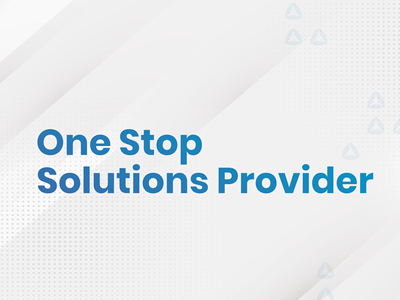Organizations and governments are promoting entrepreneurship as the growth catalyst for the economy. Entrepreneurship promotes investments and capital formation, creates local and regional development, reduces unemployment rates, reduces the concentration of wealth, promotes technology and innovation, facilitates development, and creates change agents. With the growth of economy and markets, entrepreneurship will lead to innovation, which leads to optimization of work processes, creation of new products, development of technology, and increased productivity. Consequently, entrepreneurship is the mechanism that drives innovation. Moreover, entrepreneurship is an effective catalytic agent for change by promoting optimization of work processes and developing more efficient products.
Entrepreneurs are the agents of change who contribute to economic and social growth. They use the existing knowledge to spot business opportunities and build businesses upon them. On the other hand, innovators are the people who deliver breakthrough innovations in starting companies or mature and large organizations. They are self-motivated and seek challenging problems for which a solution would benefit the organization, its customers, and fellow employees. Consequently, innovators are the leaders of creative change especially in mature companies bound by processes and procedures that are challenging to change. Graham (2006) suggested that the best way for entrepreneurs to succeed is to work on an innovative solution to solve a problem that affect them personally and change the status quo. Paul Graham gives examples that Apple happened because Steve Wozniak wanted a personal computer, Google was created because Larry and Sergey couldn't find needed resources online, and Hotmail was developed because Sabeer Bhatia and Jack Smith couldn't exchange emails at work.
Risk taking is inherent in entrepreneurship. Entrepreneurs invest their time and sometimes their capital to work on an idea they believe will cause a change. But they cannot possibly foresee all the consequences of innovation. However, innovators are better at risk-taking since they can deliver, find flaws and correct their logic, find needs, and provide solutions. Entrepreneurs need innovators to grow their companies and tread the path towards success.













Comments